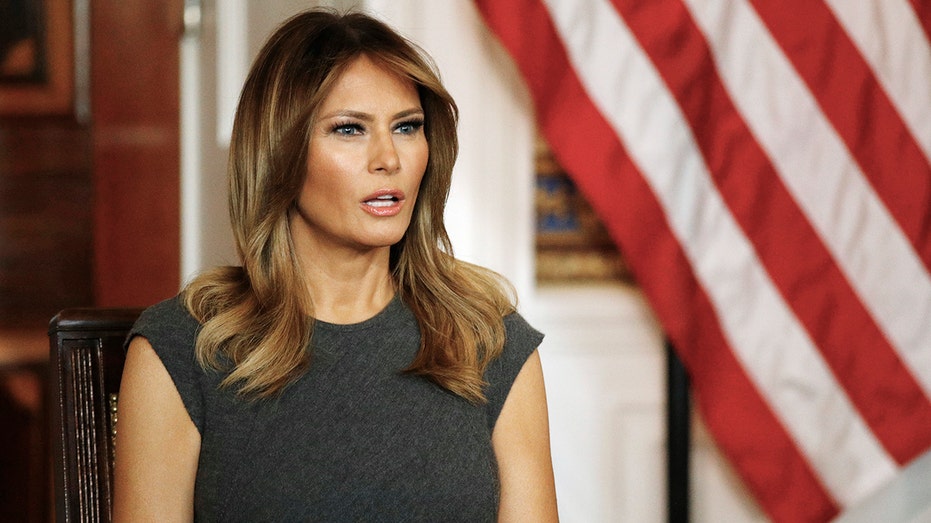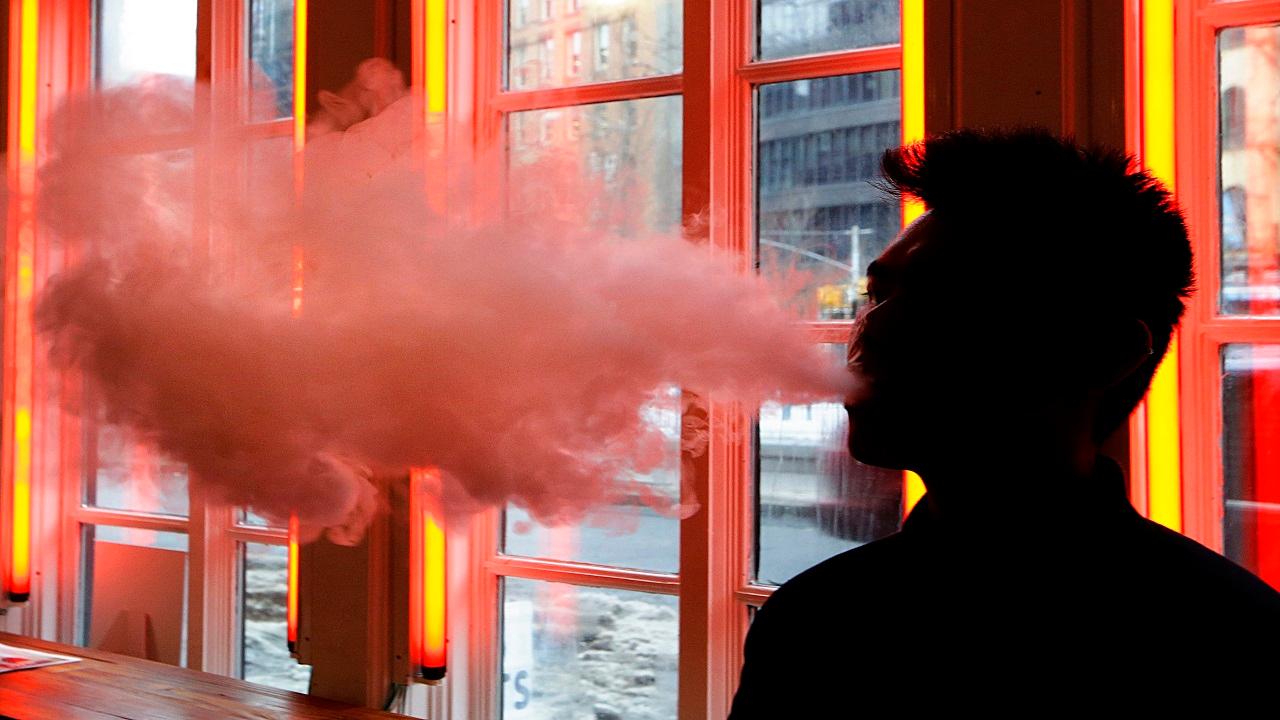Vaping cases, including deaths, increasing rapidly: CDC
The number of vaping-related illnesses in the U.S. has surged to around 1,300 cases, with 219 reported in the past week, and includes at least 26 deaths, according to the Centers for Disease and Prevention (CDC).
The count had risen by 275 each of the previous two weeks, and until a cause is pinpointed, the CDC is advising Americans to refrain from using any vaping products.
Forty-nine states and one U.S. territory have reported illnesses. The only state that has not seen a case is Alaska. The outbreak appears to have started in March. Symptoms include severe shortness of breath, fatigue, and chest pain.
Texas is the latest state that has recorded its first death associated with vaping-related lung illnesses.
The Texas Department of State Health Services confirmed Wednesday that an older woman in north Texas died last week from a lung disease associated with using electronic cigarettes.
The Health Services agency says the state has also identified 95 confirmed or probable cases of lung illnesses linked to vaping. The department also says that among the illnesses, nearly 90% of patients reported vaping marijuana or THC, the high-producing ingredient in marijuana. That is similar to the CDC’s findings of THC being a leading cause of the illness.
The agency claims that the illnesses affect patients as young as 13, with a median age of 22.
On Wednesday, First Lady Melania Trump held a White House "listening session" where a small group of teenagers from around the country told her about their experiences using e-cigarettes.

First lady Melania Trump speaks during a listening session with teenagers about their experiences with electronic cigarettes and vaping in the Blue Room of the White House, Wednesday, Oct. 9, 2019, in Washington. (AP Photo/Patrick Semansky)
"We need to be proactive before it gets out of control," Trump said at the event. She also said she’s glad some stores are pulling electronic cigarettes off the shelves amid an explosion in vaping among young people, calling it a necessary step to protect the next generation.
The Truth Initiative, a nonprofit, anti-tobacco organization, brought the group of nine students to meet with the first lady in the ornate White House Blue Room. The organization wants the federal government to ban all flavors used in vaping, including mint and menthol, among other steps.
GET FOX BUSINESS ON THE GO BY CLICKING HERE
Luka Kinard, 16, of High Point, North Carolina, said he quit vaping only after spending 39 days in rehab in California in October 2018.
Kinard said he had been using e-cigarettes for about a year when he started to experience intense chest pain, insomnia, and cold sweats; and thought he was having a heart attack at 15. He said his parents thought a seizure he suffered in September 2018 was tied to vaping, and they sent him away for treatment.
"It wasn't until then that my parents recognized, 'Hey, this is really an issue,'" he told the first lady.
When asked by Trump how he obtained e-cigarettes, Kinard said he got them from friends or by hanging around outside smoke shops or gas stations and enlisting strangers to get the products for him.
"We need to be proactive"
Ally Harrison, 18, said she suffered from physical and mental ailments, which included heart palpitations and panic attacks.
Friends in her hometown of Baytown, Texas, encouraged her to vape, assuring her it would "calm you down,” but it had the opposite effect. "I had worse panic attacks. The fear was always there," Ally said.
Federal statistics show a significant increase in vaping among teens between 2017 and 2018. More than 1 in 4 high school students reported vaping in the past month, up from 1 in 5 students in 2018, according to the latest statistics. E-cigarette use among middle students also increased. Federal health officials are calling this troubling trend an "epidemic," and fear that teenagers who vape will eventually start smoking.
With this increased focus on vaping by young people, a few big-name retailers have said they will no longer sell those products.
Walmart, the nation's largest retailer, said last month that it will stop selling electronic cigarettes at its namesake stores and Sam's Clubs in the U.S. when it sells out its current inventory.
This led to intense pressure on other retailers, and supermarket chain Kroger and drugstore chain Walgreens announced Monday they will follow Walmart's lead.
Juul Labs Inc., the nation's largest maker of electronic cigarettes, is ending advertising in the U.S.
In response to a surge in vaping by young people, President Donald Trump recently announced that the federal government will act to ban thousands of flavors used in e-cigarettes, mostly the fruity flavors that are believed to entice young people to start vaping.
The First Lady, who has a 13-year-old son, Barron, went public with her concerns about youth vaping in a tweet last month. She sat with the president when he announced the proposed ban, and Wednesday's roundtable was the second time she highlighted youth vaping this week.
"It is important to me that we all work to educate children and families about the dangers associated with this habit,” Trump said while attending an event commemorating the Drug Enforcement Administration’s Red Ribbon Week. "Marketing this addictive product to children must stop."
CLICK HERE FOR THE ALL-NEW FOXBUSINESS.COM
Bans of certain vaping products that have been put in place in many states, including Massachusetts and New York. Industry groups, such as the American Vaping Association, which represents makers and retailers of e-cigarettes and vaping solutions, oppose them, arguing that banning vaping products could create a "black market" for them, and push adults who turned to vaping as an alternative to traditional cigarettes to go back to smoking.




















